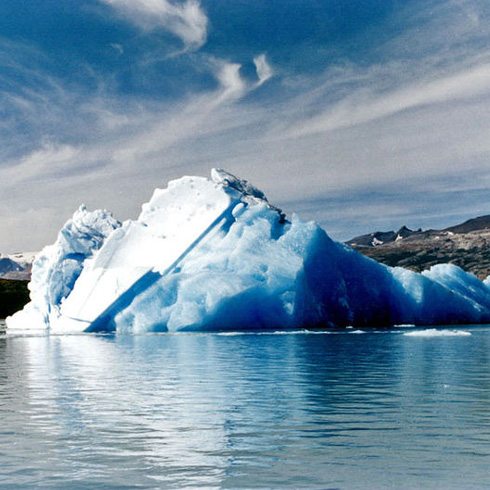Scientists are looking into the biofuel potential of exotic bacteria called extremophiles, which are found in – where else – extreme environments including Antarctic glacial ice and boiling-hot undersea vents or hot springs.
Scientists at the University of Georgia in Athens are gathering together on Monday and Tuesday to explore the topic at a symposium called “Extremophiles: Key to Bioenergy?”
Bacteria can create biofuel simply by digesting nutrients. They are behind the emission of methane gas, which can be captured from sewage treatment plants or landfills and used as renewable biogas. The U.S. EPA and Department of Agriculture also recently partnered in a new program to promote the widespread use of biogas capture from animal waste at dairies and other livestock operations.
The process can also be tweaked to produce liquid biofuels. Researchers at Tulane University have developed a new strain of bacteria that can digest the cellulose in old newspapers and produce a drop-in replacement for gasoline. At the University of Alabama, a graduate student has discovered a strain of soil-dwelling bacteria that can live on glycerol, which is itself a byproduct of conventional biofuel production, and produce biodiesel and other fuels.
The ability of the aforementioned bacteria to survive within the normal range of life-supporting conditions is the very thing that can limit their effectiveness at biofuel production. Scientists think that extremophiles might offer offer greater efficiencies because their ability to survive at the far ranges of temperature or pH might enable them to better whether some of the processes of the biofuel production.
One highlight of this week’s conference will be a type of extremophile called thermophilic anaerobes, which are bacteria that grow in the absence of air at temperatures above 55 degrees centigrade.
The fastest-growing anaerobic bacteria ever described (at least so far) is a thermophilic that can double every ten minutes, almost twice as fast as E. coli.
It has been found in hot springs with a pH above 10 and a temperature above 55 degrees centigrade.
Retiring UGA professor Jergen Wiegel pioneered the research into thermophilic anaerobes, and the symposium is being held in his recognition.
Tina Casey is a freelance writer in Summit, New Jersey.






